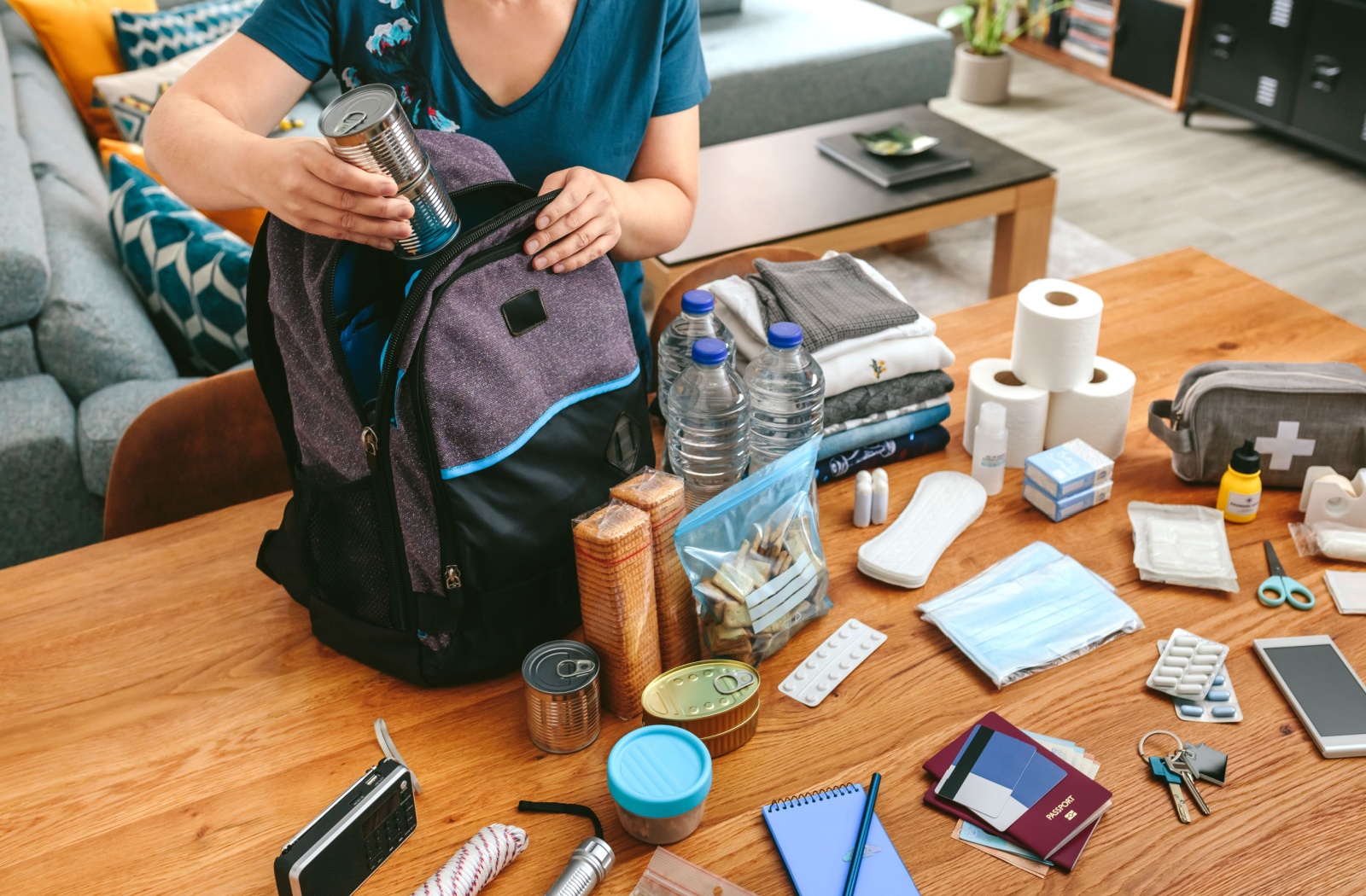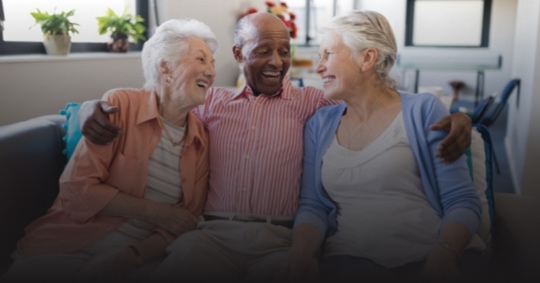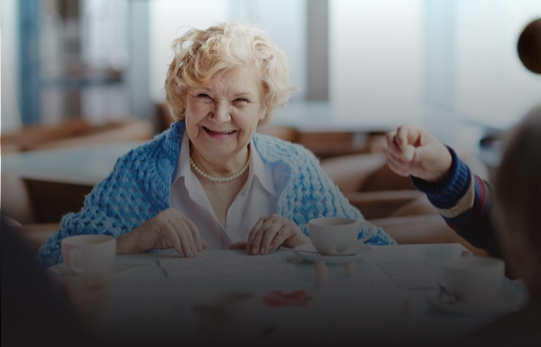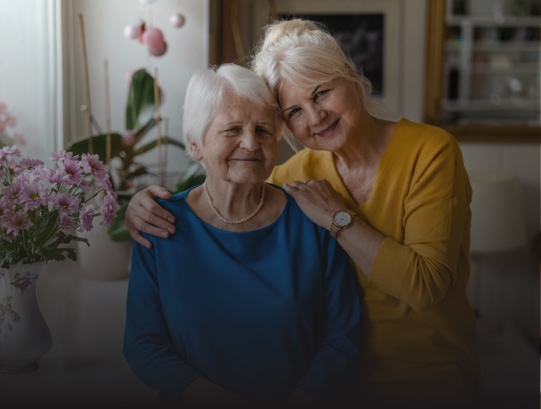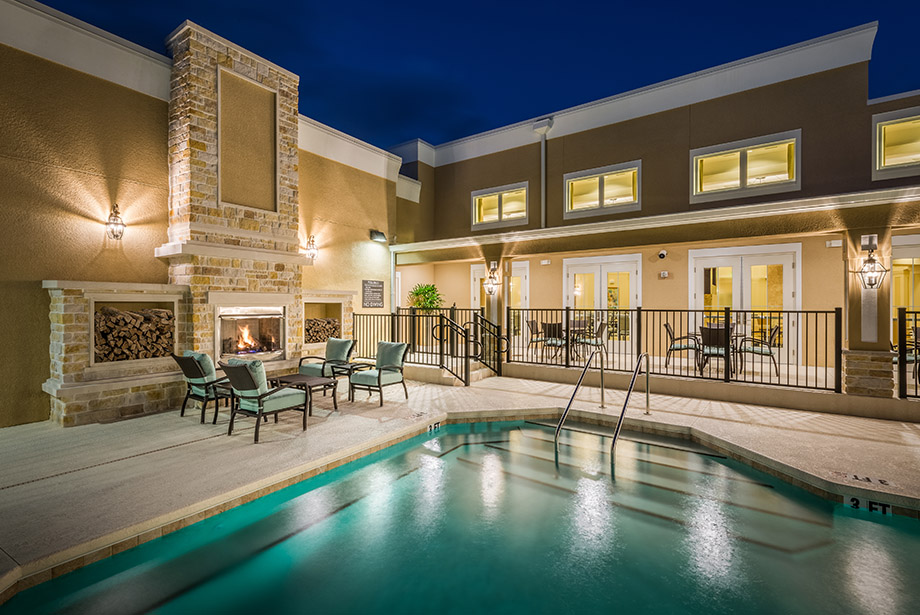The beauty of Florida draws many people, old and young, to its temperate climate and beautiful beaches. But with this beauty, there’s also the reality of hurricane risk. This reality shouldn’t keep you from considering this beautiful state because planning and understanding go a long way to your safety.
Some hurricane safety tips for seniors to consider include:
- Understand the risk of hurricanes
- Create a hurricane preparedness kit
- Develop a senior-friendly evacuation plan
- Monitor weather updates
Hurricanes can be daunting and dangerous, but with proper preparation, you and your family can face storms with greater confidence and resilience.
Due to unique challenges such as mobility limitations, medical needs, and access to resources, it’s essential for an older adult to have a tailored plan in place to remain safe during hurricane season. So, we’ll also provide some actionable tips for protecting yourself during and after a hurricane in this blog.
Understanding Hurricane Risks & Vulnerabilities
Hurricanes are powerful storms capable of causing severe damage through strong winds, heavy rain, and flooding. While everyone faces risks, seniors can be particularly vulnerable due to reduced mobility, reliance on medical equipment, and the possibility of social isolation.
Recognizing these vulnerabilities is the first step in preparing effectively and minimizing risk.
Create a Hurricane Preparedness Kit Tailored for Seniors
A well-prepared kit is crucial when facing a storm. These kits may require additional items to address some seniors’ medical and mobility needs. Here’s a checklist to ensure you’re ready for anything:
- Medications: At least a 2-week supply of prescription medications stored in waterproof bags. Include a list of prescriptions and dosages.
- Medical supplies: Items like hearing aid batteries, oxygen, diabetic supplies, or any equipment you rely on daily.
- Non-perishable food and water: At least 1 gallon of water per day per person and easy-to-open food items.
- Essential documents: Copies of your medical records, emergency contacts, and identification stored in a waterproof container.
- Assistive devices: Walkers, canes, or wheelchairs if you need them.
- Emergency essentials: Flashlights, extra batteries, a battery-powered or hand-crank radio, and a first-aid kit.
This preparedness kit isn’t a “one-and-done” thing. You and your family should regularly inspect the kit to ensure nothing is expired. Update the kit or replace items as necessary.
Develop a Senior-Friendly Evacuation Plan
Evacuation can be particularly stressful for some seniors, so having a clear, senior-friendly plan is vital.
- Plan ahead: Research your community’s evacuation routes and identify public shelters nearby. Note which shelters are accessible or specifically designated for people with mobility issues or other challenges.
- Transport arrangements: Arrange transportation with family, neighbors, or local services. Many communities offer emergency transportation programs for seniors.
- Inform friends and family: Share your evacuation plan with loved ones. Ensure they have your emergency contact information and know your intended destination.
- Pack early: Create a “go-bag” with essentials like your preparedness kit, important documents, and personal items so you can evacuate quickly.
Remember, waiting until the last minute to leave can be dangerous. It’s better to evacuate earlier than necessary rather than risk being stuck in hazardous conditions.
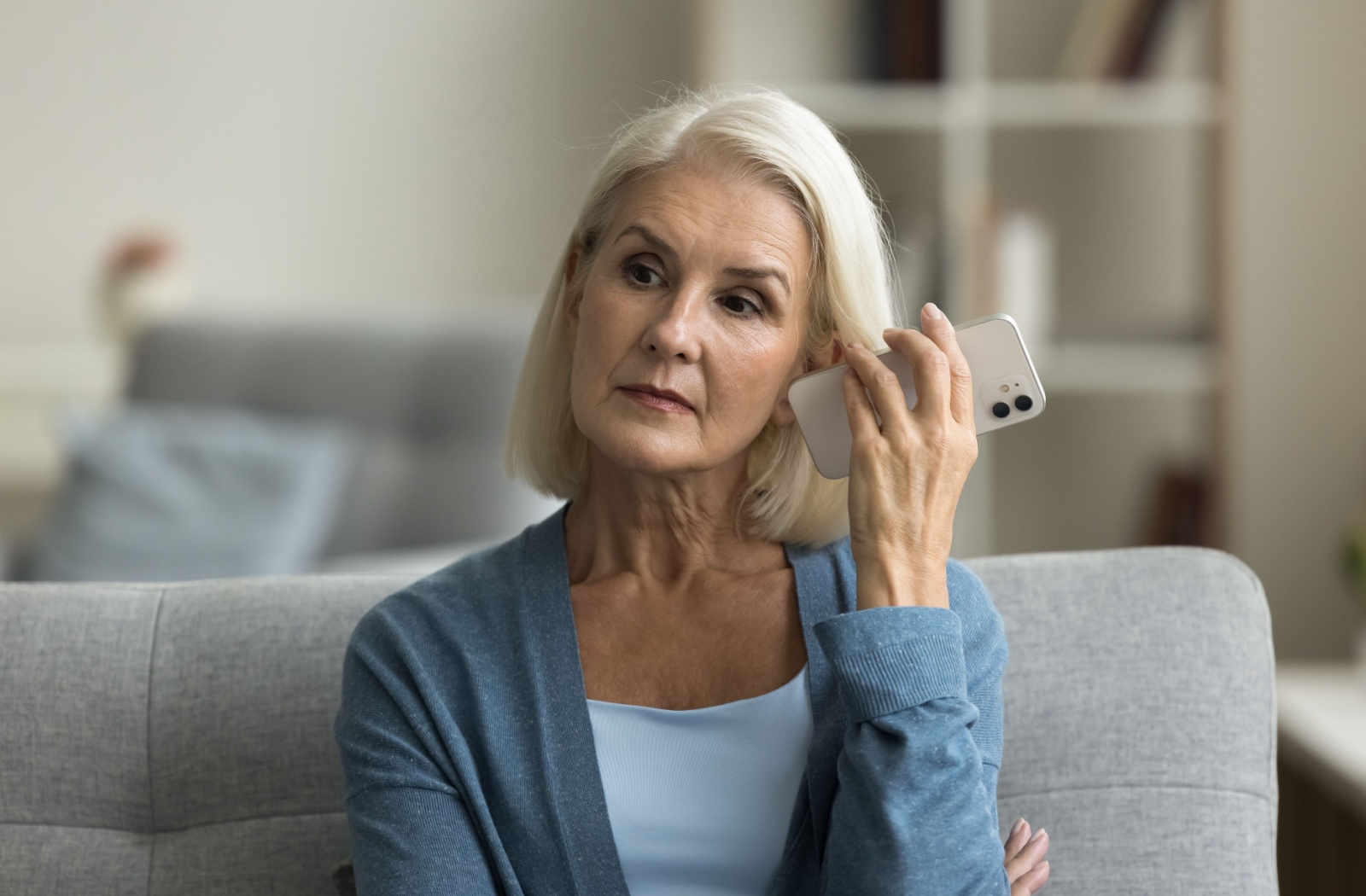
Monitor Weather Updates
Hurricane conditions can change rapidly, so staying informed is key. Make use of technology and community resources to receive up-to-date information.
- Weather apps: Apps like The Weather Channel or NOAA Weather Radar will keep you informed of updates in real-time.
- Emergency alert systems: Sign up for senior-friendly alerts like Wireless Emergency Alerts (WEA) to receive notifications via text or email.
- Radio stations: Keep a battery-powered radio on hand for alerts in case of a power outage.
Check updates regularly, especially as a storm approaches, and follow evacuation orders from local authorities immediately.
Tips for Protecting Health & Wellbeing During a Hurricane
During the storm itself, prioritize health and comfort with these tips:
- Stay indoors: Locate the safest room in your home (preferably without windows). Stay there until officials announce the hurricane has passed.
- Maintain routine: Attempt to stick to a normal schedule as much as possible to reduce stress. For example, take medicines at regular times and wear any necessary medical devices.
- Practice calmness: Hurricanes can be emotionally taxing. Practice deep breathing exercises or meditate to stay calm, and reach out to loved ones for reassurance if possible.
- Tip for families and caregivers: Provide companionship to alleviate feelings of isolation, which can be particularly challenging during emergencies.
Post-Hurricane Safety & Recovery Tips
The aftermath of a hurricane can be just as challenging as the storm itself. Take necessary precautions before venturing out:
- Check for hazards: Inspect the area for hazards like downed power lines, debris, or flooding.
- Contact for assistance: Contact local services if you need help cleaning up or transporting supplies. Local senior centers and faith-based organizations often provide support in recovery efforts.
- Be wary of scams: Unfortunately, post-disaster scams targeting seniors are common. Verify the credentials of anyone offering repairs or assistance.
Resources & Support for Seniors
These organizations provide valuable tools, services, and information tailored to the needs of seniors during hurricanes:
- FEMA: Offers emergency preparedness resources specifically for older adults
- AARP: Provides comprehensive guides for disaster preparedness and recovery
- National Weather Service: Access weather updates and disaster preparedness tips
Prioritize Safety & Resilience in Senior Living
Hurricane season presents unique challenges, especially for seniors. But with preparation, knowledge, and support, it’s possible to face these challenges with resilience and confidence. Start by creating a personalized preparedness plan today, and communicate it with your loved ones. Doing so could make all the difference when it matters most.
Remember, you don’t have to face hurricanes alone. The care at Somerby Lake Nova doesn’t stop at ensuring you have meals or clean linens. We’re here to provide safety, security, and peace of mind for you and your loved ones.
If you’re exploring senior living communities that can care for all your needs, contact our team today and schedule a community tour.

